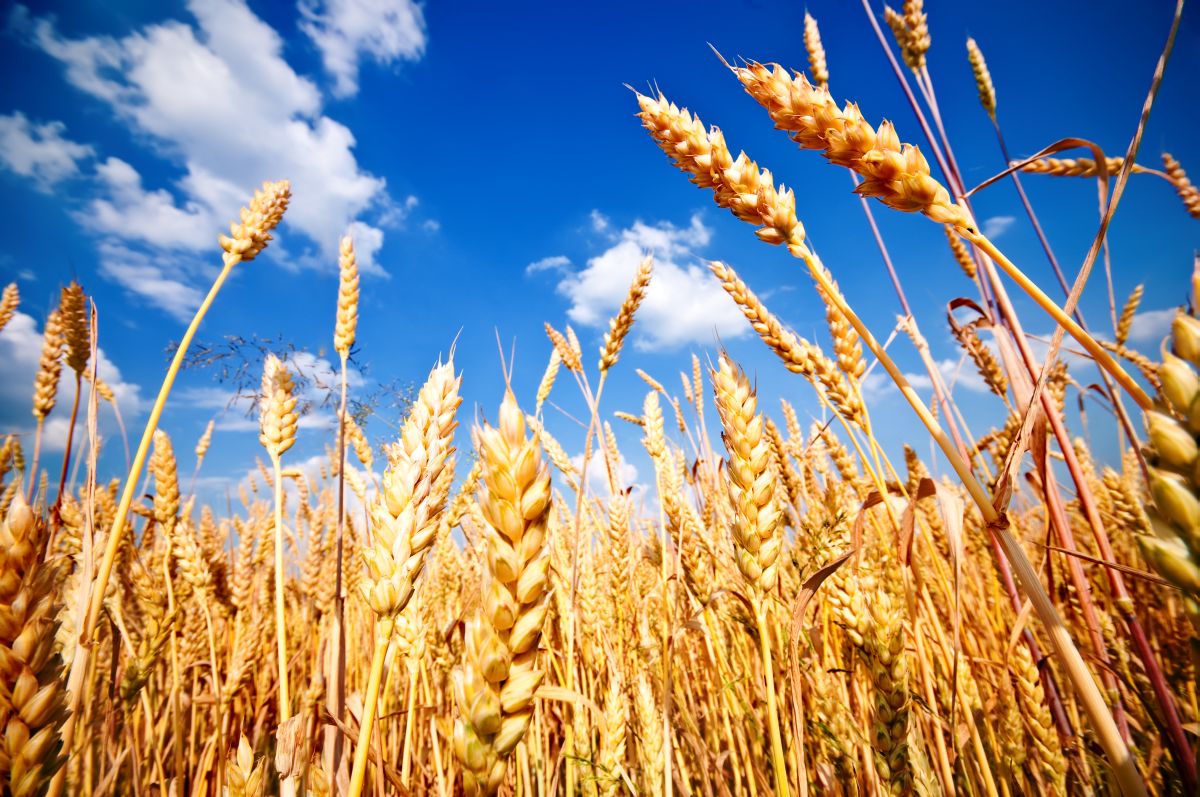
Essex University scientists are set to run field trials of genetically modified crops after their bid to run the trials was approved by Defra.
The trial will test whether GM wheat plants are able to carry out photosynthesis more efficiently in the field and whether this trait could result in a higher yielding crop.
Researchers at the universities of Essex, Lancaster and Rothamsted Research have proven that it is possible to engineer wheat plants so they photosynthesise more efficiently, and so produce bigger grains.
Rothamsted Research submitted its application to Defra for permission to carry out GM field trials on the Rothamsted Farm this year and 2018.
The purpose of the proposed trial is to evaluate the performance of the engineered plants in the field.
'Major challenge'
Ensuring food security is a major challenge given the projected need to increase world food production by 40% in the next 20 years and 70% by 2050.
Wheat is one of the major grain crops worldwide and provides approximately one-fifth of the total calories consumed globally.
However, wheat yields have reached a plateau in recent years and predictions are that yield gains will not reach the level required to feed the 9 billion population predicted for 2050.
Traditional breeding and agronomic approaches have maximised light capture and allocation to the grain.
A promising but as yet-unexploited route to increase wheat yields is to improve the efficiency by which energy in the form of light is converted to wheat biomass.
Photosynthesis
Professor Christine Raines, Head of the School of Biological Sciences at the Essex and principal investigator for this research project, said: "The efficiency of the process of photosynthesis integrated over the season is the major determinant of crop yield.
"However, to date photosynthesis has not been used to select for high yielding crops in conventional breeding programmes and represents an unexploited opportunity.
"But there is now evidence that improving the efficiency of photosynthesis by genetic modification is one of the promising approaches to achieve higher wheat yield potential."
She added: "In this project we have genetically modified wheat plants to increase the efficiency of the conversion of energy from sunlight into biomass. We have shown that these plants carry out photosynthesis more efficiently in glasshouse conditions.
"One of the steps in photosynthesis shown to limit this process is carried out by the enzyme. sedoheptulose-1,7-biphosphatase (SBPase).
"We have engineered GM wheat plants to produce increased levels of SBPase by introducing a SPBase gene from Brachypodium distachyon (common name stiff brome), a plant species related to wheat and used as a model in laboratory experiments."
